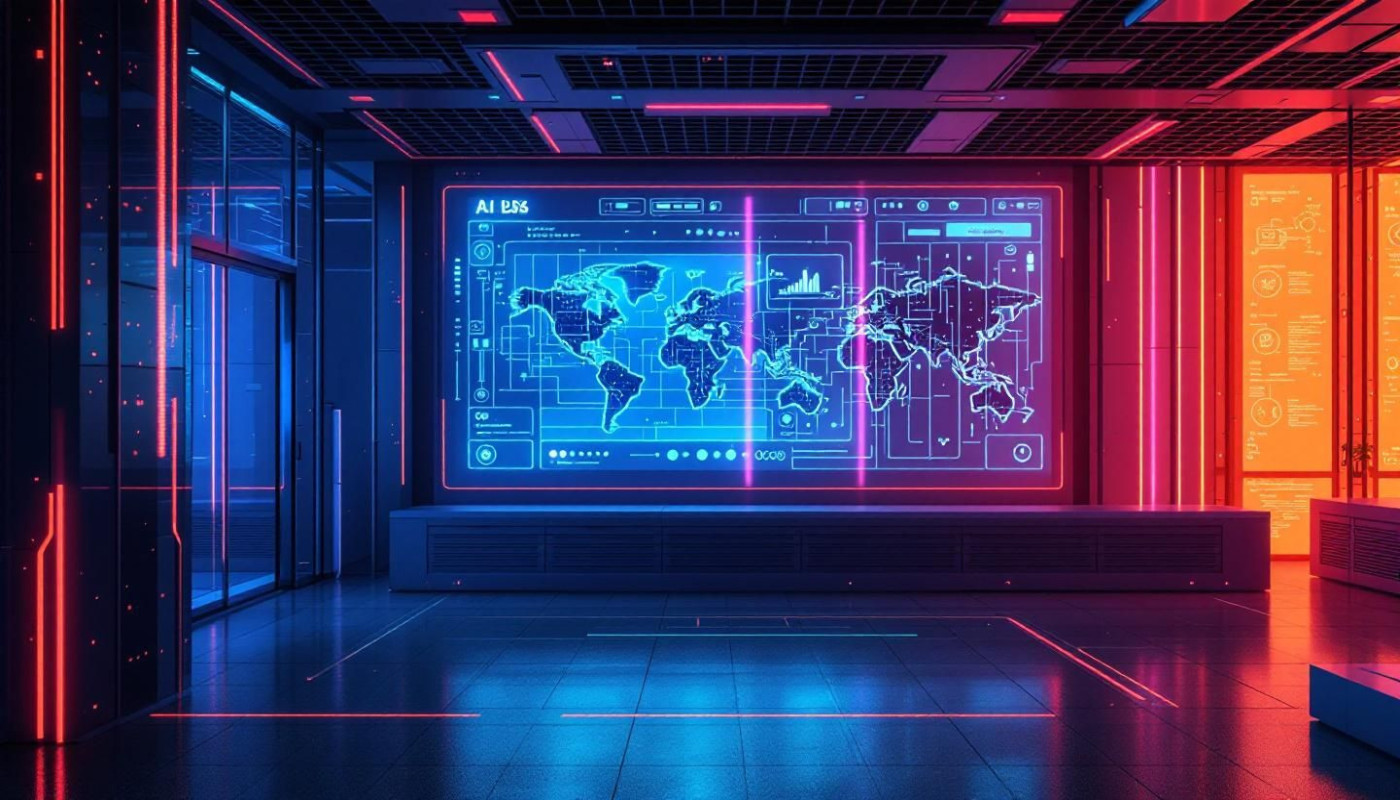Table of contents
In an era where technological advancements are rapidly transforming our world, Artificial Intelligence (AI) stands as a disruptive force driving change in almost every aspect of life. It brings promise for the future, with its potential to revolutionize industries and sectors; yet it also carries with it profound ethical issues and societal implications that we must navigate thoughtfully. This article will delve into the impact of AI on modern ethics and society, exploring how this transformative technology is redefining norms, shifting paradigms and challenging traditional boundaries. We believe understanding these impacts is not only essential for those directly involved in AI development but crucial for everyone navigating this increasingly digital world.
The Ethical Implications of AI
The integration of AI into our daily life is not without ethical considerations. A significant area of concern is the realm of autonomous systems. These include self-driving vehicles and advanced healthcare systems, both of which raise important questions about decision-making autonomy. Who is responsible when a self-driving car has an accident? How much should we trust an AI system to make life-or-death healthcare decisions?
Data privacy is another substantial issue. As AI systems gather and use more and more personal data to function effectively, questions about who has access to this data and how it is used become increasingly pressing. The ethical implications are vast and complex, with potential for misuse and violation of personal privacy.
Furthermore, there is the concern of transparency. Can we truly understand how AI makes its decisions? This is especially significant when those decisions have major, life-altering consequences. If we cannot fully understand these processes, can we truly trust them?
Lastly, there is the question of bias in AI systems. As AI learns from human-generated data, there's a real risk that it may inadvertently learn and reproduce our biases. This is a topic of ongoing debate amongst ethicists and organizations studying these matters, such as UNESCO and the World Economic Forum.
The ethical implications of AI are wide and varied. As AI continues to become an ever more integral part of our lives, these issues will only become more pertinent. Ensuring that AI is developed and used ethically is not just an academic question, but a practical necessity.
AI’s Impact on Employment Structures
The evolution of Artificial Intelligence (AI) and its growing influence on the labor market has raised concerns over 'job displacement' and 'automation anxiety'. As AI continues to enhance and automate various tasks traditionally performed by human workers, the fear of large-scale job loss continues to loom. Many economists and labor market specialists observe that AI has the potential to displace several jobs, especially those involving repetitive or predictable tasks.
However, it is vital to consider the other side of the coin. AI's advancement is not just about job displacement; it is also about 'economic transformation' and the creation of new roles. While AI may automate certain jobs, it also necessitates the development of new skills, leading to the formation of novel job roles that did not exist before. This phenomenon is often referred to as the 'skill gap.'
Thus, 'reskilling' becomes a key focus in this transformed employment landscape. To cope with the changes brought about by AI, there is a pressing need for employees to learn new skills and adapt. Economists suggest that reskilling can play a significant role in mitigating the negative effects of AI on job markets.
In essence, while AI does pose challenges to the traditional employment structures, it also presents opportunities for reshaping and evolving the labor market. The real challenge lies in how society can harness and navigate these changes to ensure a smooth transition into this new era of AI-driven employment.
Societal Changes Driven by AI Technologies
The advent of AI technologies, notably deep learning algorithms, has ushered in a new era of societal transformation. Among the numerous areas impacted, the education sector stands out prominently. Holistic education reforms are now being driven by AI-infused systems, providing personalized learning experiences and globally accessible virtual classrooms. Renowned sociologists and technology futurists, such as John Naisbitt and Alvin Toffler, have emphasized the role of technology in bridging the digital divide, promoting inclusivity in education, and fostering intellectual growth.
Nevertheless, it is critical to acknowledge the potential risks involved. One significant concern is the influence of social media algorithms on our daily interactions. These algorithms can create echo chambers, limiting exposure to diverse perspectives and potentially fostering polarization in society. Furthermore, the rapid pace of AI-driven societal change can lead to job displacement, as automation replaces certain traditional roles, necessitating workforce reskilling and adaptation.
In conclusion, while AI technologies bring about significant positive transformations, they also pose challenges that require thoughtful solutions. As we continue to embrace AI's potential, it is vital to carefully consider its ethical implications and impact on society.
Tackling Biases Embedded Within AI Systems
The issue of 'algorithmic bias' within AI systems is increasingly becoming a matter of concern. It has been observed that biases, often unintentionally encoded within machine learning models, can lead to 'discrimination' in various applications. These applications range from recruitment tools, where potentially unjust hiring decisions could be made, to predictive policing software, where the risk of racial or social profiling might be amplified.
The core issue lies in the data used to train these models. Often, this data is a reflection of societal biases, leading to biased predictions in 'predictive analysis'. Various reports and research papers have highlighted these concerns. They call for a more rigorous inspection of these systems for 'fairness', and stress upon the need for 'accountability' for the decisions made by these algorithms.
For instance, a study published in Science pointed out that commercial facial-recognition systems demonstrated both gender and skin-type biases. Similarly, a ProPublica report revealed that a software used across the US to predict future criminals was biased against African Americans. These instances underscore the imperative need for developing strategies to tackle biases within AI systems, and ensure that the benefits of AI advances are equitably distributed across all sections of society.
Similar

How AI Is Revolutionizing Image Creation For Marketing And Advertising

E-waste crisis and the tech industry strategies for sustainable electronics

Diving into the World of High-Tech Wearables

Exploring The Future Of Companionship With AI

